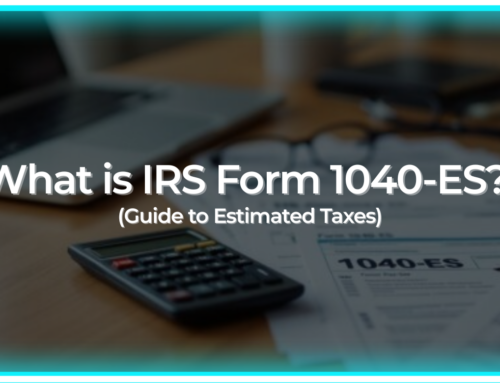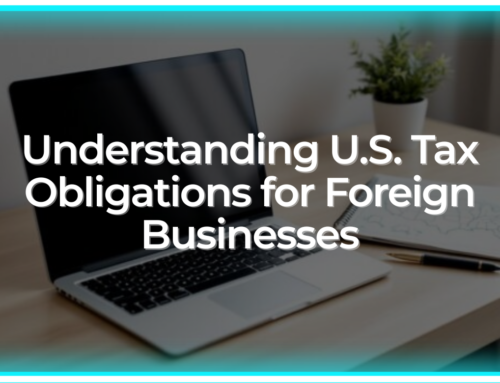Hi, I’m Bette Hochberger, CPA, CGM. When you think of the term “franchise,” you might immediately picture popular brands like McDonald’s, Ace Hardware, or Hilton Hotels. However, it’s important to know that franchise taxes aren’t limited to just franchised businesses. In fact, even if your company isn’t affiliated with a franchise, your state could still impose this tax on you. Yes, it’s a bit confusing, but don’t worry—we’re here to break it all down for you.
What is a Franchise Tax?
Despite its name, a franchise tax isn’t limited to businesses that operate as franchises. Instead, it’s a state-imposed tax on the privilege of doing business within that state. Think of it as a fee for the “right” to operate your business there. It’s separate from income taxes and applies to certain types of businesses, regardless of whether they make a profit.
States use franchise taxes as a way to generate revenue, and the rules for who has to pay, how much, and when can vary. While some states impose this tax on all businesses, others target specific entities like corporations, LLCs, or partnerships.
Who Needs to Pay?
The answer depends on your state and your business structure. Typically, corporations, limited liability companies (LLCs), and certain partnerships are required to pay franchise taxes in states that impose them. Sole proprietorships are often exempt, but don’t assume you’re in the clear—always check your state’s specific requirements.
Here are a few examples of how they work in different states:
- Texas: Texas franchise tax applies to most businesses with revenues over a certain threshold. It’s calculated based on a business’s taxable margin.
- California: California imposes a minimum of $800 on LLCs, corporations, and other entities doing business in the state, even if the business doesn’t turn a profit.
- Delaware: Delaware charges a franchise tax on corporations that are incorporated in the state, regardless of where they actually operate.
What’s the Difference Between Franchise and Income Taxes?
A key distinction is that franchise taxes are not based on your business’s profits. Instead, they’re based on factors like:
- Your business entity type
- Your gross revenue
- The number of shares your corporation has authorized (in some states like Delaware)
In contrast, income tax is calculated based on your business’s earnings. It’s possible to pay both, depending on your situation.
Why It’s Important to Know
Failing to pay franchise taxes could result in penalties, interest, or even the loss of your business’s good standing with the state. This could lead to serious consequences, like losing the ability to legally operate or enforce contracts.
How to Determine If You Owe Franchise Taxes
To determine if your business needs to pay franchise taxes:
- Research Your State’s Laws: Visit your state’s tax authority or Secretary of State website for specific guidelines.
- Understand Your Business Entity Type: Know whether your business is structured as an LLC, corporation, or another type.
- Consult a Tax Professional: Tax laws can be tricky, and it’s always a good idea to get expert advice to stay compliant.
While the term “franchise tax” might sound intimidating, it’s really just another part of running a business. Understanding your obligations and staying on top of state requirements can help you avoid unnecessary complications. Whether you’re operating a small LLC or a large corporation, do your research, schedule a meeting with us, and make sure you’re fulfilling your tax responsibilities. After all, staying compliant is key to keeping your business thriving!
I’ll see you next time.







